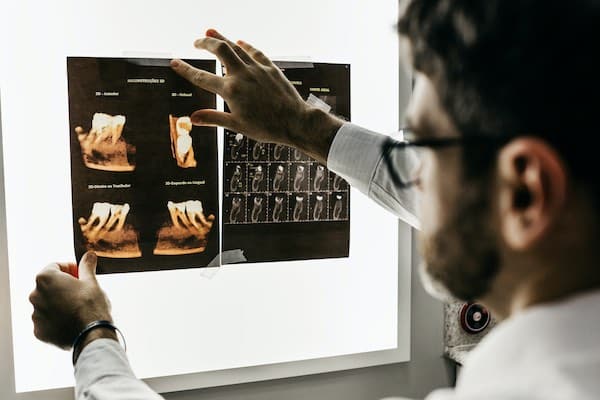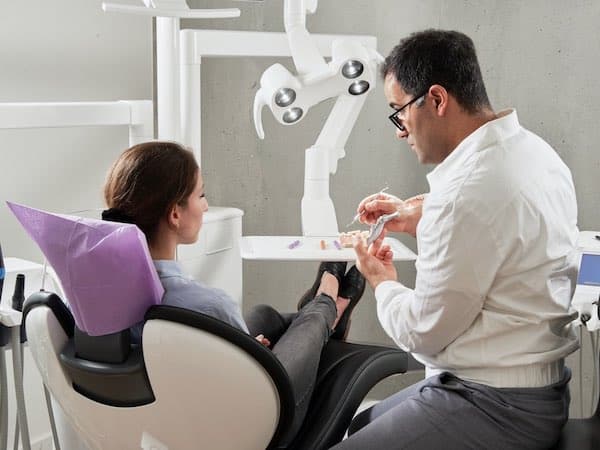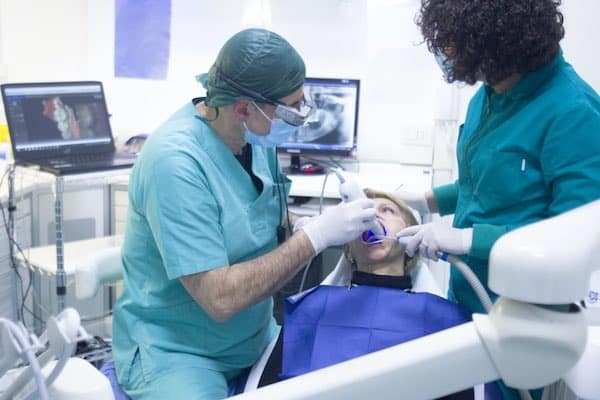
Software and new technological innovations have been helping a variety of industries, even those you just wouldn’t expect. In fact, the dental industry is seeing strides being made in how they handle patient care.
This goes from the research by a patient right down to the final payment coming in. This is all with the help of an integration platform-as-a-service, otherwise known as iPaaS.
Contents
1. Cloud-Based Data

Dental care can be needed at a moment’s notice, with some patients requiring a litany of treatment options. They could also opt for dental implants to change their smile to the one that they’ve always wanted. With options like the teeth in a day procedure, a new smile is easily accessible with the help of offices like 4M Dental Implant Center.
This dental implant treatment is made easier with the help of cloud applications that allow for those in a dental office to have x-rays and other information readily accessible before moving forward with a dental implant procedure. This advancement allows for a treatment plan to be created, and an implant to be completed for temporary teeth in a single day.
2. Software as a Service

The use of an integration platform service can provide connectors between apps, and other software systems within a dental office. iPaaS provides two types of connectors: some for specific applications and some that can support a communication protocol. This exposes the fields and entities from a specific configuration that allows them to be integrated as part of a treatment plan.
With quick access to data sources, an iPaaS vendor will provide all of the connectors you need from a research organization down to when a patient enters the healing process with an easy understanding of analytics.
3. On-Premises Apps

iPaaS services can allow for the easy exchange of data throughout a dental industry. By exchanging data, dentists, hygienists, and other staff can streamline business processes. This goes from the first consultation to the final restoration for dentures and other dental implants. With the ability to migrate data, a dentist can map and transform the best plan for a patient’s dental health in their quest for beautiful new teeth.
This ability to access data warehouses gives greater assurance for a patient on the day of the surgery, with real-time analytics to put the focus on creating the nice smile that your patients want and deserve.
4. Devices

Workflows are a priority to make sure that patients are being approached with the dental care they need from consultation to the healing period for every set of teeth. With an iPaaS service, you can distinguish the designation of each device within an office setting.
This makes sure that technology users within this setting are aware of any changes for patients in their treatment plan, or any sudden changes on the day of your procedure. If a patient is seeking a permanent prosthesis, staff will be able to designate a particular purpose for this implant, streamlining the process onto a patient’s dental insurance.
5. Business to Business
If a dental office expands beyond just one location, artificial intelligence will help with data management for patients throughout the office system. This keeps a patient’s medical history, x-rays, and impressions readily accessible within any application programming interface, no matter the location. Regardless of missing teeth, natural teeth, or new teeth, having a proper service provider and vendor for iPaaS can keep systems running seamlessly.
Conclusions – PaaS in Dental Industry
By developing the former template, a robust iPaaS system will assure that treatment can remain paramount, and concerns over data transfers interrupt patient care. After all, the end goal is to keep patients and staff smiling.
